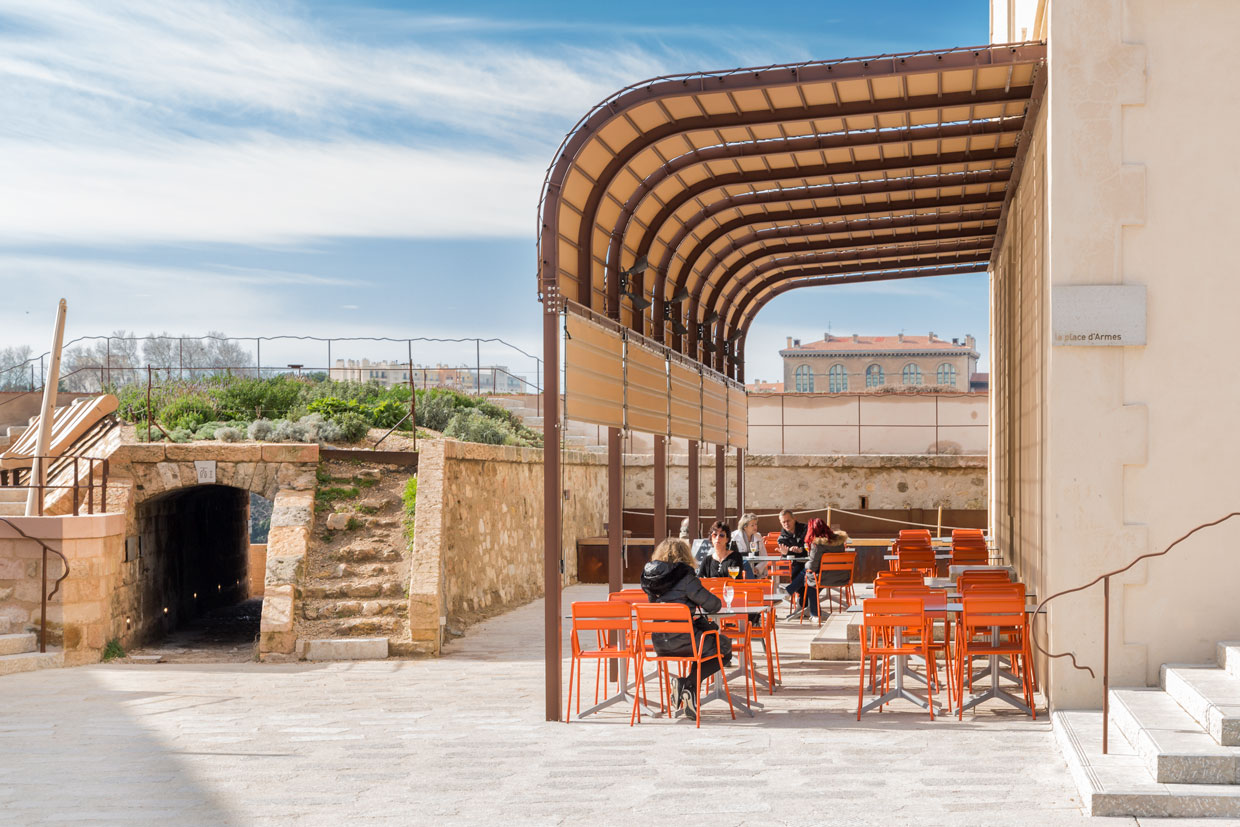The disappointing part of eating a late night dinner can lead to weight gain. Surprisingly, your ability to gain or lose weight not just depends on caloric intake and food choices but also the timing of your meals.
Contents
Is Eating Late At Night Bad For Your Health?
1. Difficult to lose weight

The disappointing part of eating a late night dinner is weight gain. Surprisingly, your ability to gain or lose weight not just depends on caloric intake and food choices but also the timing of your meals. So when it comes to eating late at night, the concept of “A calorie is just a calorie” may be redundant. Because these calories you are ingesting at late hours will more likely be stored as fat in your body; thereby leading to an increase in weight.
2. Poor memory and concentration levels
It is not just your waistline that suffers when you eat late dinners but it turns out that eating late at night is harmful for your brain health too. Timing of meals have far-reaching effects on brain physiology and behaviour. Irregular eating patterns affect the circadian system, which in turn affects the brain’s ability of learning, concentration and memorizing.
3. Acid reflux
Eating soon before bedtime can increase the risk for heart pain, acidity, pain the middle chest or night time acid reflux. When your stomach is struggling to digest food while you lie in bed, the pressure of food metabolizing can result in the loosening of Lower Esophageal Sphincter (LES), allowing undigested food and stomach acids to travel back up the esophagus. If you suffer from reflux, its best to create at least a two hour gap between eating and sleeping to prevent night-time reflux.
4. Disturbed Sleep

People who eat late at night also tend to sleep later, which may lead to a disturbed sleep cycle. Additionally, eating late at night has also been found to be the reason that some people may have confusing dreams at night. A 2015 investigation into the subject of how late night snacking affects sleep, lead two Canadian psychologists to discover that University students who indulged in late night snacking were more prone to ‘bizarre’ dreams, which could be due to the gastric discomfort caused by the snacks.
5. Poor Digestion
If you are prone to heart burn and acid reflux, you should probably be re-evaluating your meal timings. Eating a late dinner has been linked to these gastric issues, caused due to poorly digested food which may cause excessive acid in the stomach. This is why people are often advised to have a leisurely walk after eating their last meal of the day, instead of going straightaway to bed.
6. Increased Blood Pressure
A misaligned body clock may have more serious repercussions including increased risk of heart diseases and diabetes. Studies have linked high blood pressure or hypertension and higher fasting blood sugar levels with the habit of eating later in the night or having dinner way past the ideal time of 7 pm.
7. Increases risk of GERD
One of the health effects of eating late at night is the risk of GERD. Gastro-oesophageal reflux disease (GERD) is an uncomfortable experience. It’s when food contents in the stomach get back up into the esophagus.
If you are having late night snacks and lying down on your stomach and eating all those, then your stomach acids start to track back up your esophagus. GERD is more common than you’d think.
Research estimates that between 18.1 and 27.8 percent in North America experience GERD. In Europe and East Asia, the prevalence is around 8.8 -25.9 percent and 2.5-7.8 percent respectively. You get burps and sharp stomach pain as a result of this activity.
8. May affect pregnancy

Pregnancy is a period where our usual hunger pangs double the times of an average person. Your cravings would be touching the roof. And you would want to have food that too snacks at every point of time. But, at night you should stop yourself from munching anything before going to sleep. Doctors suggest that late-night eating tends to lower the BMI of your body.
And if that drips down for a pregnant woman, then it would adversely affect your and your baby’s health. Eat healthy and fresh foods throughout the day but strictly avoid late at night snacking.





